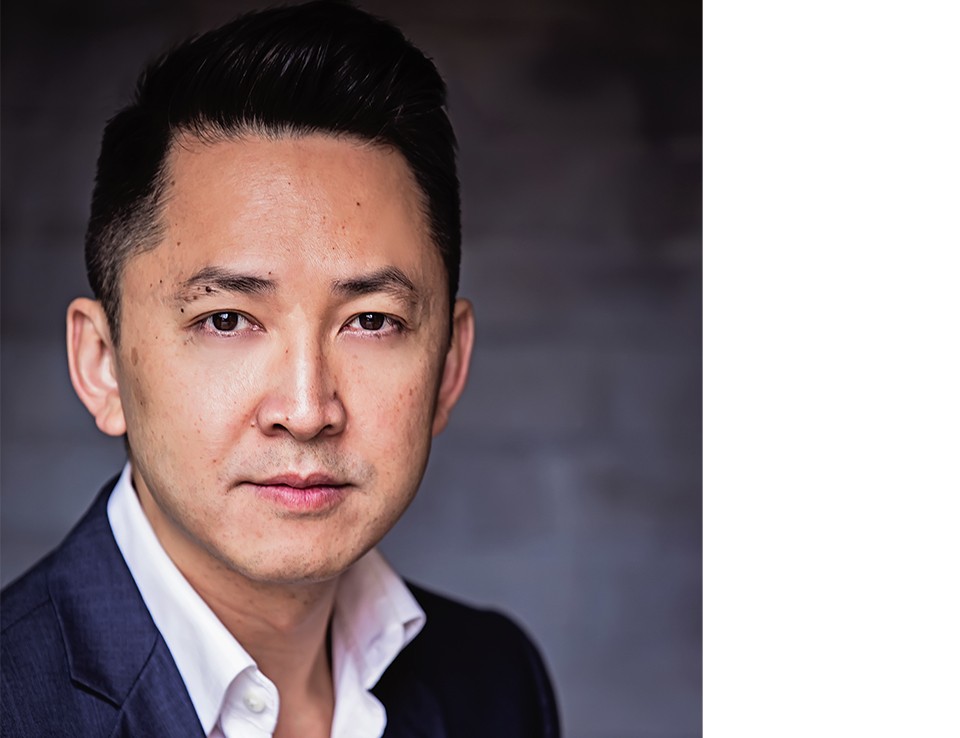The Work of Viet Thanh Nguyen: Refugee Stories & American Greatness

Viet Than Nguyen and his family came to the United States as refugees during the Vietnam War in 1975. As he grew up in America, he began to notice that most movies and books about the war focused on Americans while the Vietnamese remained silenced. Inspired by this lack of representation, he began to write about the war from a Vietnamese perspective, globally reimagining what we thought we knew about the conflict. The New York Times says that his novel, "The Sympathizer," which won the Pulitzer Prize among other awards, “fills a void…giving voice to the previously voiceless while it compels the rest of us to look at the events of forty years ago in a new light.”
Nguyen’s book "Nothing Ever Dies: Vietnam and the Memory of War" was a finalist for the National Book Award. Author Ari Kelman praises Nothing Ever Dies saying it, “provides the fullest and best explanation of how the Vietnam War has become so deeply inscribed into national memory.” His collection of short stories, "The Refugees," explores questions of immigration, identity, love, and family. In 2018, Nguyen called on 17 fellow refugee writers from across the globe to shed light on their experiences, and the result is "The Displaced," a powerful dispatch from the individual lives behind current headlines, with proceeds to support the International Rescue Committee.
Nguyen was the recipient of a MacArthur “Genius” Grant. The MacArthur foundation noted that his work “not only offers insight into the experiences of refugees past and present, but also poses profound questions about how we might more accurately and conscientiously portray victims and adversaries of other wars.”
Nguyen is a University Professor, Aerol Arnold Chair of English, and Professor of English, American Studies and Ethnicity, and Comparative Literature at the University of Southern California. He also works as a cultural critic-at-large for The Los Angeles Times.
Professor Nguyen’s Athenaeum presentation is co-sponsored by the Presidents' Leadership Fund and the Center for Writing and Public Discourse at CMC.
